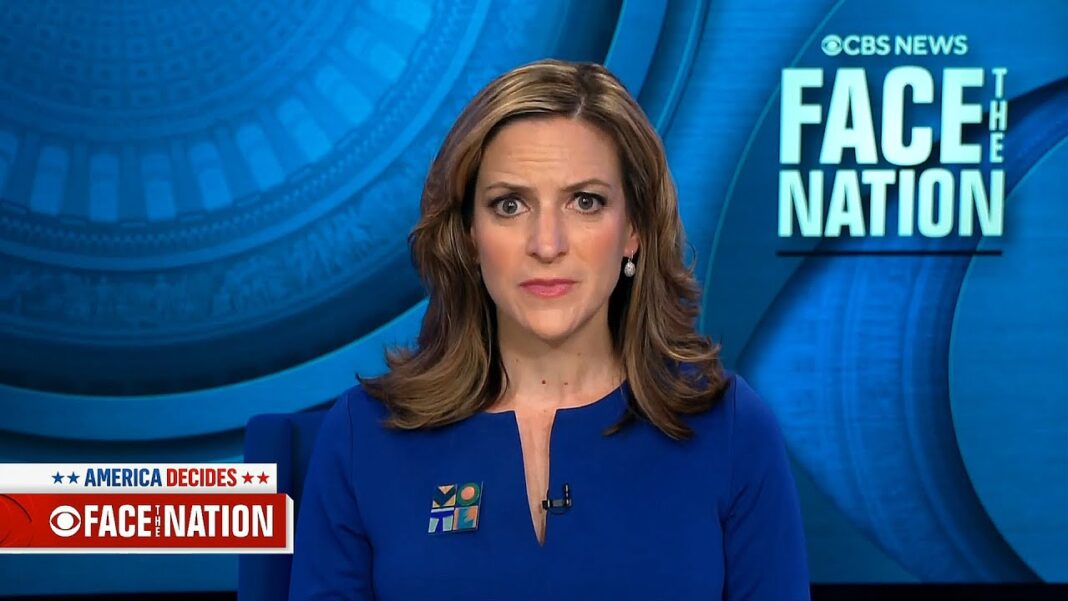Foreign adversaries still might promote ‘false or misleading narratives,’ the bulletin says.
The FBI and a federal agency dedicated to cybersecurity issued a warning on Oct. 18 about efforts by foreign actors trying to “spread disinformation” regarding the upcoming Nov. 5 election—with just over two weeks ago before the contest.
The FBI and the U.S. Cybersecurity and Infrastructure Security Agency (CISA) said they have “no information suggesting cyber activity against U.S. election infrastructure” that has “compromised the integrity of voter registration information, prevented an eligible voter from casting a ballot, impacted the integrity of any ballots cast, or disrupted the ability to count votes or transmit unofficial election results in a timely manner.”
But the two agencies said that foreign adversaries still might promote “false or misleading narratives” to sway the election or to undermine American confidence in its election systems and processes.
Specifically, the two agencies warned of election-related content produced by artificial intelligence (AI) that has lowered the guardrails for malicious or foreign actors to create more advanced schemes to influence the election.
“We are seeing foreign actors use these tools to develop and distribute more compelling synthetic media messaging campaigns and inauthentic news articles, as well as synthetic pictures and deepfakes (video and audio) at greater speed and scale across numerous U.S.- and foreign-based platforms,” their joint bulletin said.
“These efforts to develop content are designed to undermine voter confidence and to entice unwitting consumers of the information to discuss, share, and amplify the spread of false or misleading narratives.”
In one example of AI-aided content produced by foreign actors ahead of the election, the agency said that Russian groups have “created and deliberately designed” web pages “to look like legitimate mainstream news websites” such as The Washington Post or Fox News.
“Russian malign influence actors also created fake social media profiles posing as U.S. citizens to direct users to these fake news websites and purchased social media advertisements to drive traffic to the specific fake articles on the fake news site,” the two agencies cautioned.









